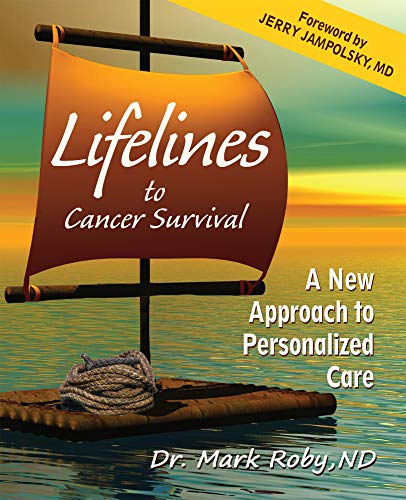 I recall my initial introduction to cancer, the “emperor of all maladies,” (2) when I was 21 years old. It was 1976, and I had just completed my Bachelor of Science degree at Central Michigan University. I was working as an orderly in the emergency room at
I recall my initial introduction to cancer, the “emperor of all maladies,” (2) when I was 21 years old. It was 1976, and I had just completed my Bachelor of Science degree at Central Michigan University. I was working as an orderly in the emergency room at
Ingham Medical Center hospital in Lansing, Michigan to gain experience towards a medical degree.
It was Christmas Eve. I was cleaning up a procedure tray in the ER when they wheeled a new patient into the cubicle. Walking back to her station, the triage nurse asked me to start taking the woman’s medical history. I could see the patient’s weary, frightened, blue eyes as I made my way toward her stretcher. She had a lovely, pointed nose and dark grey hair with white streaks. She told me that she had been diagnosed with late-stage gastrointestinal cancer 12 months earlier and had just finished another round of palliative chemotherapy. Over the past few days, she had been dizzy and had experienced numerous falls. Prepping her for evaluation by the emergency room physician, I took her vital signs and glanced over her pale, thin body. Taking my hand in hers, she confided to me that this would be her last Christmas on this earth, and it made her very sad. She went on to tell me how much she would miss her children and grandchildren when she was gone. Tears streamed down her cheeks, and my heart sank to the floor. This was my first face-to-face experience with an end-stage cancer patient.
Not six months later, I was assigned to care for a 39-year-old man, married with children, who was in the later stages of acute leukemia. I took his vitals, gave him fluids, and changed and turned him to keep him comfortable for my 10-hour shift. He was of average height, his muscles were wasting, he was thin, and his skin was dark-brown as a result of liver failure. I often had to adjust his oxygen mask over his sad, sullen face. He was too weak to talk and he could hardly breathe. There was a quiet, stillness in the room that day. I could feel that his march toward death was nearly over. He had no visitors while I was there. I felt helpless and terribly depressed. Such frustrating and devastating experiences continued as I progressed to physician assistant and an integrative clinician. At the time, I had no idea that 30 years later, I would be the patient on the bed fighting off the horrible, dark disease called cancer. Join my newsletter to get the first chapter of The Lifelines to Cancer Survival.

